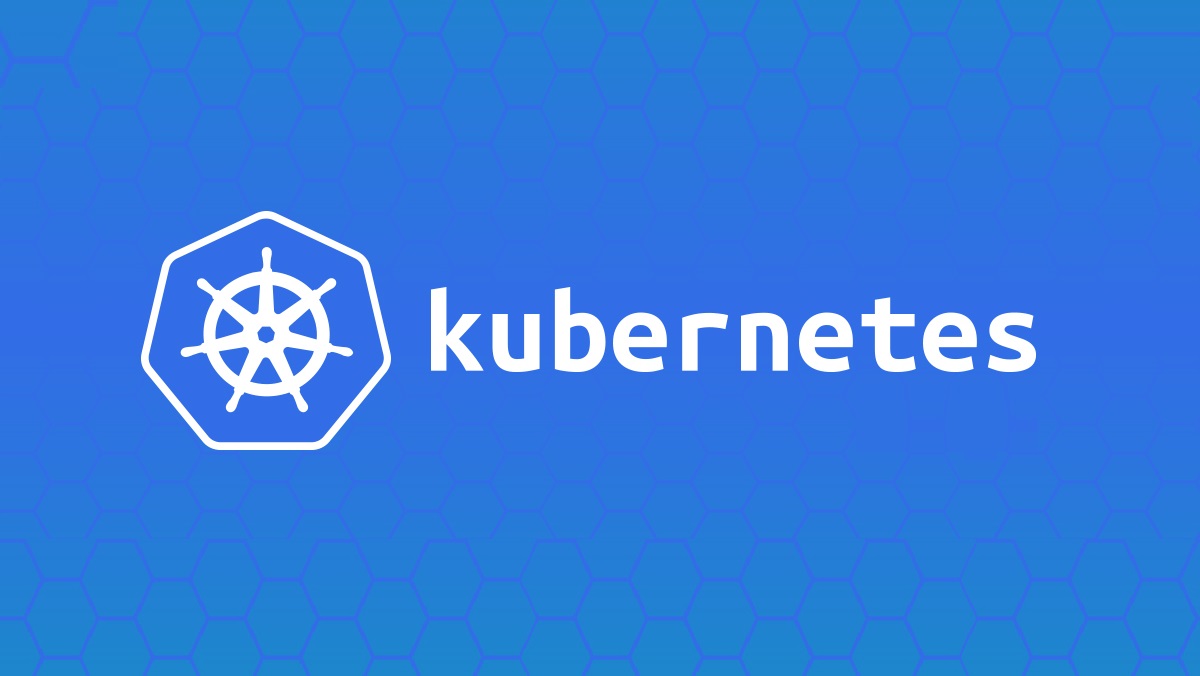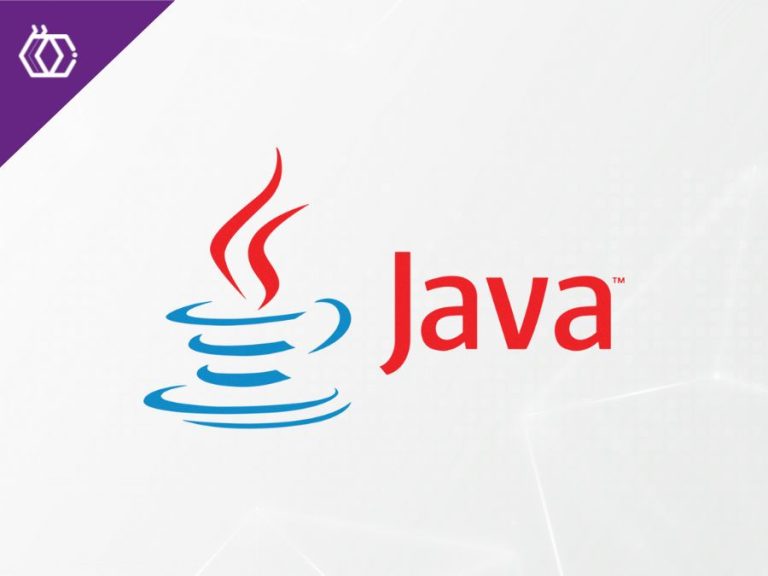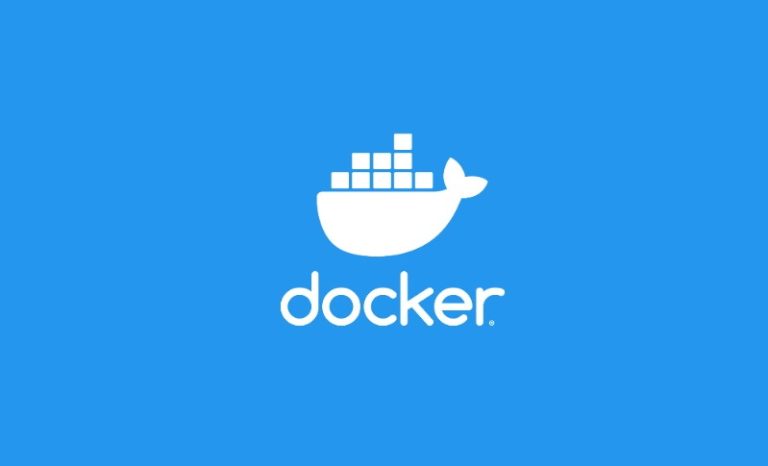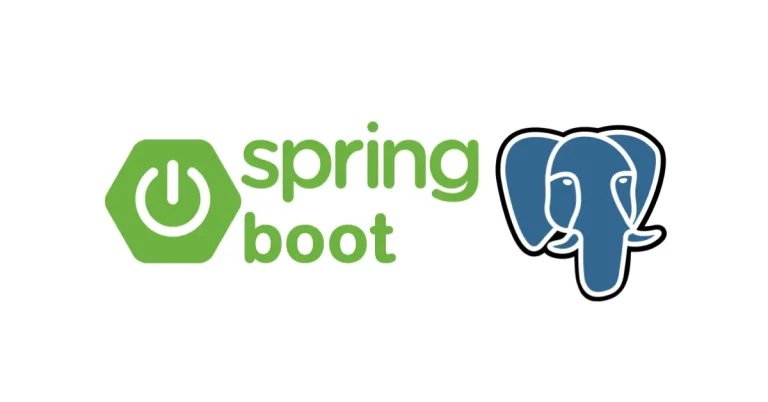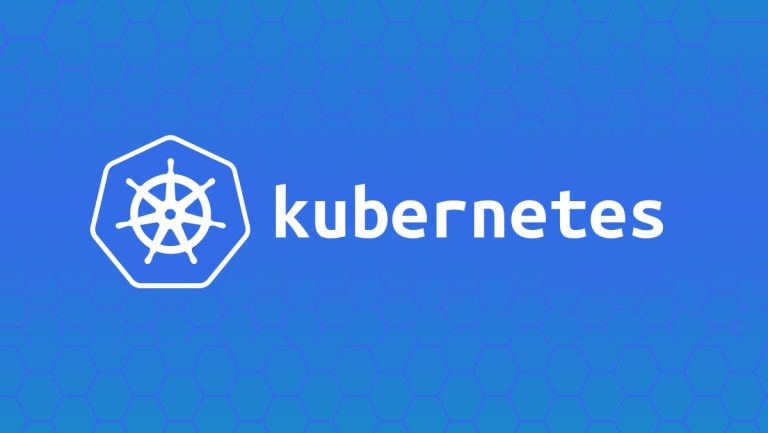Kubernetes Crash Courses for Developers and DevOps Engineers
Mastering Kubernetes has become a must for developers and DevOps professionals as organizations increasingly adopt containerization and microservices. Kubernetes simplifies the deployment, scaling, and management of containerized applications, making it an invaluable tool in modern tech stacks. However, Kubernetes is complex, and its steep learning curve can be intimidating. This is where crash courses can help you acquire the skills quickly and effectively.
This blog presents a curated list of the best Kubernetes crash courses designed to accelerate your learning, along with actionable tips to get the most out of these resources.
Table of Contents
-
- 1. Kubernetes for the Absolute Beginners – Hands-On by KodeKloud (Paid)
- 2. Kubernetes Fundamentals by The Linux Foundation (Paid)
- 3. FreeCodeCamp Kubernetes Crash Course (Free)
- 4. Kubernetes for Developers by Udemy (Paid)
- 5. Kubernetes Essentials by IBM (Free)
- 6. Kubernetes in 5 Days by Udemy (Free and Paid Options)
- 7. Google Cloud Training on Kubernetes (Free and Paid)
- 8. Kubernetes for DevOps Engineers by TechWorld with Nana (Free and Paid)
- 9. Katacoda Kubernetes Scenarios (Free)
- 10. Pluralsight Kubernetes Fundamentals (Paid)
- Tips for Effectively Completing a Kubernetes Crash Course
- Summary
- FAQs About Kubernetes Crash Courses
1. Why Learn Kubernetes?
Kubernetes is the leading container orchestration platform used by companies of all sizes, from startups to tech giants like Google, Microsoft, and Netflix. It enhances the scalability, reliability, and efficiency of software deployment, making it an indispensable tool for developers and DevOps engineers alike.
Benefits of Learning Kubernetes:
- Streamline Application Development – Automates deployment and scaling tasks.
- High Availability – Ensures minimal downtime with auto-healing capabilities.
- Cloud-Native Adoption – Integrates seamlessly with major cloud providers like AWS, Azure, and GCP.
- Career Advancement – Kubernetes expertise is a highly sought-after skill in DevOps and software engineering roles.
Crash courses provide a quick and targeted way to acquire this critical knowledge, enabling you to apply it in real-world projects immediately.
2. Top Kubernetes Crash Courses for Developers and DevOps Engineers
Below is a curated list of 10 Kubernetes crash courses, balancing free and paid options to suit learners at different stages.
1. Kubernetes for the Absolute Beginners – Hands-On by KodeKloud (Paid)
Overview: This course is a perfect starting point for absolute beginners. It focuses on hands-on, practical learning with interactive labs.
Features:
- Guided labs to create and manage Kubernetes clusters.
- Covers core concepts like Pods, Deployments, and Services.
Duration: ~4 hours
Platform: KodeKloud (Udemy hosts it too)
Target Audience: Developers and engineers with zero prior knowledge of Kubernetes.
2. Kubernetes Fundamentals by The Linux Foundation (Paid)
Overview: Offered by the creators of Kubernetes, this course is highly comprehensive, blending theoretical concepts with practical labs.
Features:
- Covers Kubernetes architecture, networking, and monitoring.
- Prepares you for the Certified Kubernetes Administrator (CKA) exam.
Duration: Self-paced (~25 hours)
Platform: The Linux Foundation
Target Audience: Intermediate learners aiming to build professional expertise.
3. FreeCodeCamp Kubernetes Crash Course (Free)
Overview: A free, full-length video tutorial that covers Kubernetes fundamentals. With no prerequisites, it’s ideal for beginners.
Features:
- Simple explanations of Kubernetes architecture.
- Hands-on projects to deploy applications.
Duration: ~2 hours
Platform: FreeCodeCamp YouTube Channel
Target Audience: Beginners seeking free, high-quality content.
4. Kubernetes for Developers by Udemy (Paid)
Overview: This crash course covers Kubernetes from a developer’s perspective, helping you deploy and manage containerized applications.
Features:
- Step-by-step setup tutorials.
- Includes topics like ConfigMaps and Secrets.
Duration: ~3.5 hours
Platform: Udemy
5. Kubernetes Essentials by IBM (Free)
Overview: Focused on foundational Kubernetes skills, this free course by IBM Cloud is beginner-friendly and concise.
Features:
- Practical exercises on container orchestration.
- Interactive labs for cluster management.
Duration: ~4 hours
Platform: IBM Cloud
6. Kubernetes in 5 Days by Udemy (Free and Paid Options)
Overview: Perfect for busy professionals, this crash course provides a concise learning path. The free version covers the basics, while the paid edition includes advanced topics.
Features:
- Focuses on declarative deployments and resource management.
- Includes real-world use cases.
Duration: ~5 hours
7. Google Cloud Training on Kubernetes (Free and Paid)
Overview: This training program focuses on Kubernetes workflows in Google Cloud while covering the basics of K8s.
Features:
- Create and manage Kubernetes clusters.
- Develop cloud-ready applications.
Duration: Self-paced
Platform: Google Cloud Skills Boost
8. Kubernetes for DevOps Engineers by TechWorld with Nana (Free and Paid)
Overview: Nana’s tutorials are highly engaging and suited to DevOps practitioners. The free YouTube videos are supplemented by paid, in-depth courses.
Features:
- Real-world examples of Kubernetes in DevOps workflows.
- Step-by-step project walkthroughs.
Duration: Varies
9. Katacoda Kubernetes Scenarios (Free)
Overview: Katacoda offers interactive courses that allow you to run Kubernetes concepts directly in your browser.
Features:
- Covers tasks like Pods, StatefulSets, and Helm.
- Beginner-friendly and practical.
Duration: On-demand
10. Pluralsight Kubernetes Fundamentals (Paid)
Overview: This course focuses on real-world application deployments and is ideal for IT professionals.
Features:
- Covers monitoring, scaling, and Kubernetes networking.
- Hands-on labs included.
Duration: ~5 hours
3. Tips for Effectively Completing a Kubernetes Crash Course
- Start with the Basics: Focus on Pods, Deployments, and Services before advancing to complex Kubernetes components.
- Practice in Real Environments: Use Minikube, Kind, or cloud platforms like GKE and AKS for hands-on experience.
- Follow a Learning Path: Combine crash courses with tutorials or blogs to fill in knowledge gaps.
- Master the Command Line: Familiarize yourself with
kubectlcommands early on. - Join Kubernetes Communities: Engage with users on Slack, Reddit, or GitHub for additional insights.
4. Summary
Kubernetes is a centerpiece of modern software development and a must-learn technology for developers and DevOps engineers. Whether you’re an absolute beginner or a professional looking to sharpen your skills, crash courses offer an accelerated way to get up to speed. From KodeKloud’s hands-on labs to IBM’s free Kubernetes Essentials course, the resources listed above cater to diverse learning preferences.
By investing your time in these quick, targeted programs and applying the practical tips shared here, you’ll set yourself up for success in mastering Kubernetes and boosting your career in 2025.
5. FAQs About Kubernetes Crash Courses
1. Do I need to know Docker before learning Kubernetes?
Yes, having foundational knowledge of Docker simplifies understanding Kubernetes concepts.
2. Are these crash courses suitable for beginners?
Absolutely. Several courses like KodeKloud and IBM Kubernetes Essentials are designed specifically for novices.
3. How long does it take to complete a Kubernetes crash course?
Most crash courses range from 2 to 5 hours, but additional practice is recommended for mastery.
4. Do I need a paid course to learn Kubernetes effectively?
Not necessarily. Free resources like Katacoda and FreeCodeCamp offer excellent opportunities to grasp Kubernetes fundamentals.
Dive into any of these crash courses and take your first step toward Kubernetes mastery today!
